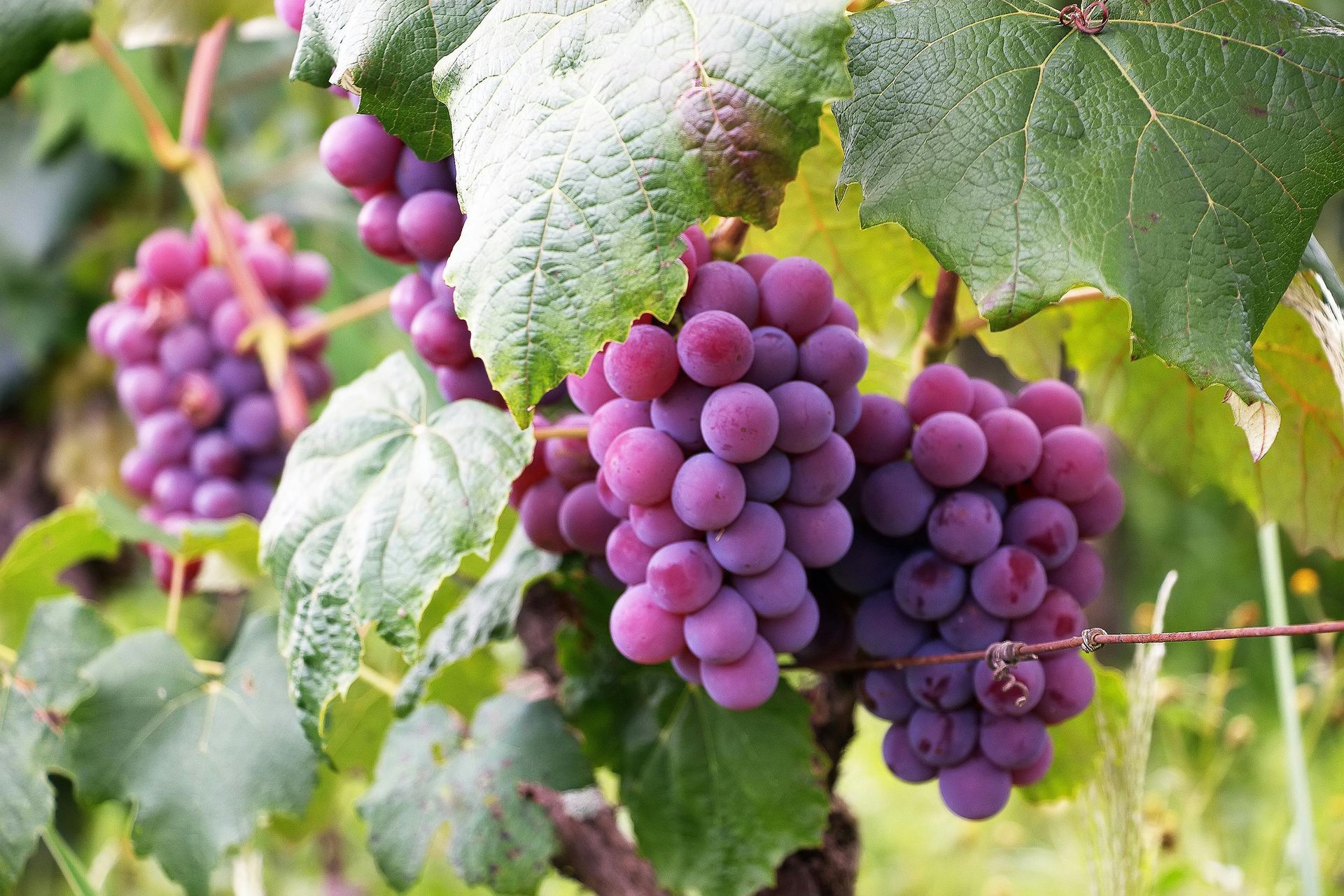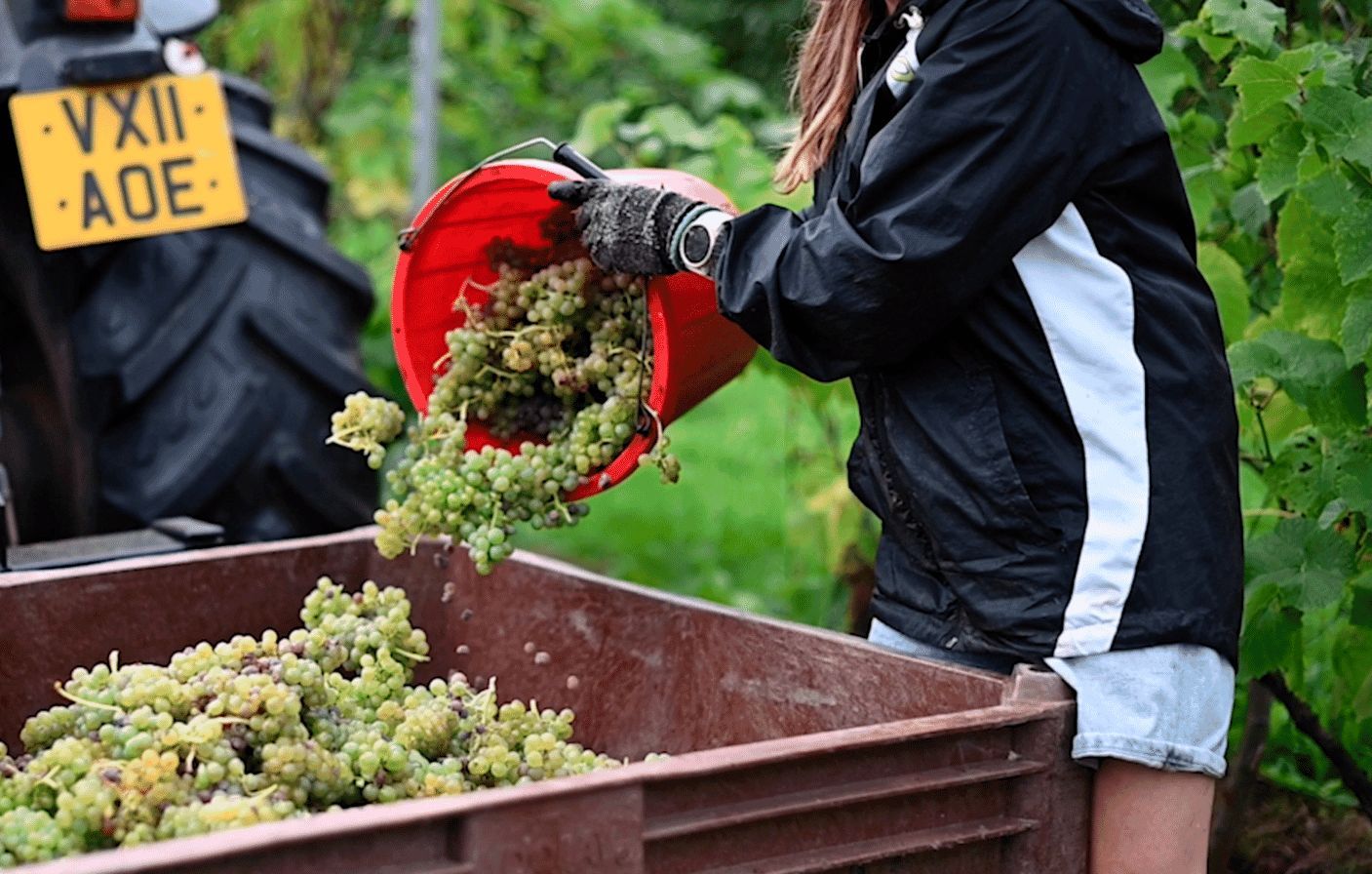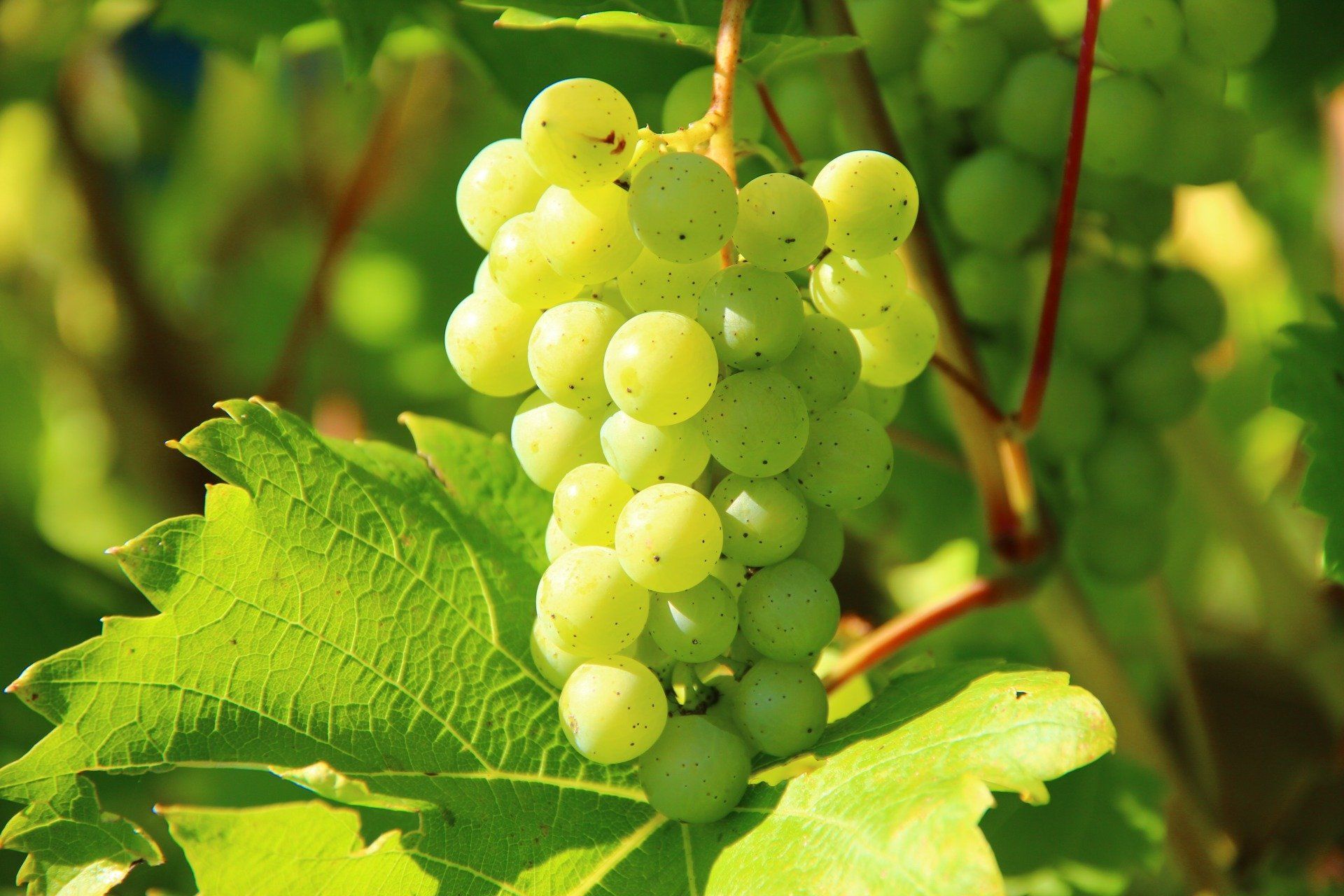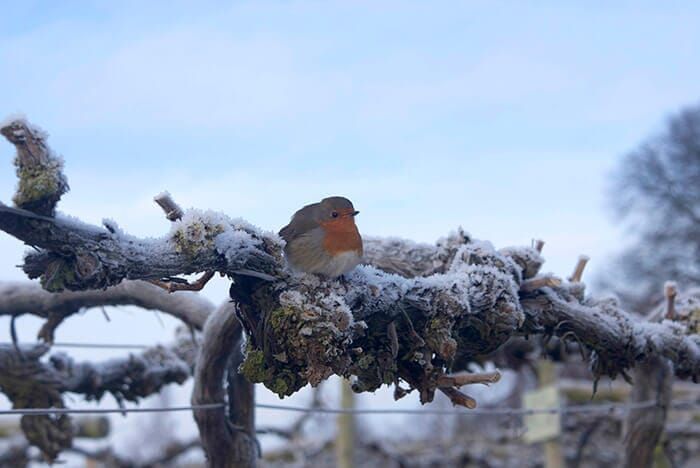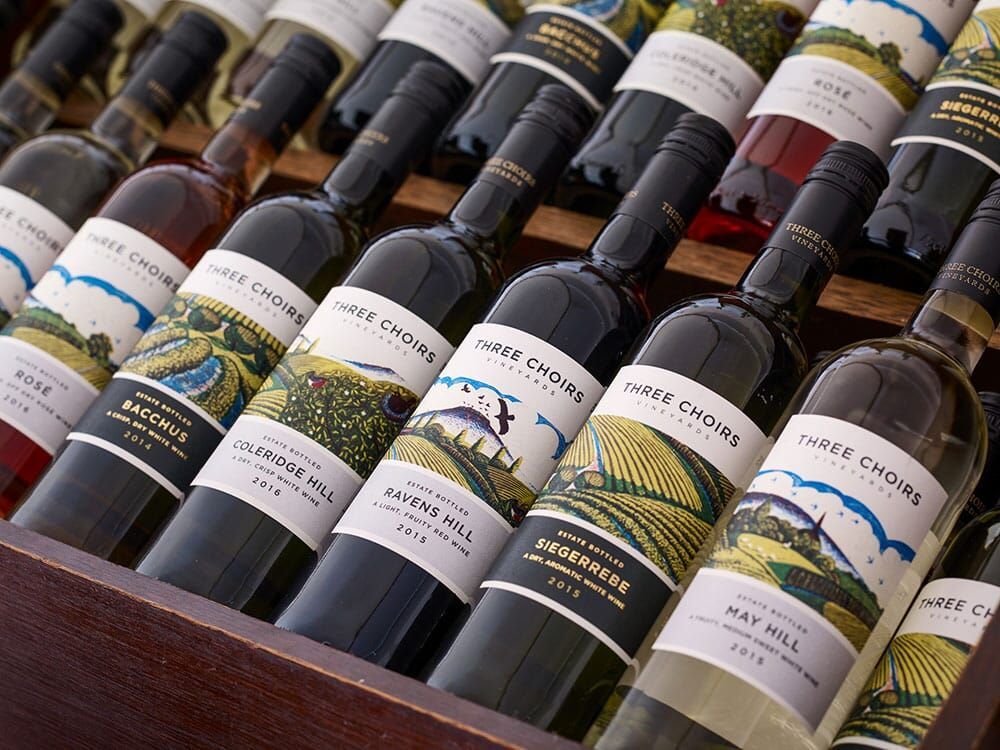A perfect day at our vineyard: From wine tastings to lunch
If you’re looking for a perfect day where you can relax, unwind and get away from it all, there is no better place than our vineyard.
You might arrive at the vineyard in the morning or at lunchtime, but the most perfect day would be waking up in one of our rooms or lodges at the vineyard, feeling refreshed. There is no feeling quite like waking up amongst the vines to the beauty of the vineyard, the rolling countryside and the sound of the birds singing.
You might want to enjoy coffee on the terrace, before heading to the brasserie for a freshly cooked, leisurely breakfast.
After breakfast, take a walk around the vines and get to know our environment and see for yourself exactly where delicious Three Choirs Vineyard wine comes from.
You might want to spend a few hours relaxing or reading in your room before lunch or you might want to explore the local area. The Malverns is a beautiful place to walk, and it isn’t too far away. Or May Hill is even closer to the vineyard, with stunning panoramic views across Gloucestershire and the Severn Valley towards Gloucester and even Bristol on a clear day.
Find a country pub for lunch or head back to the vineyard for lunch at the brasserie. The choice is yours…
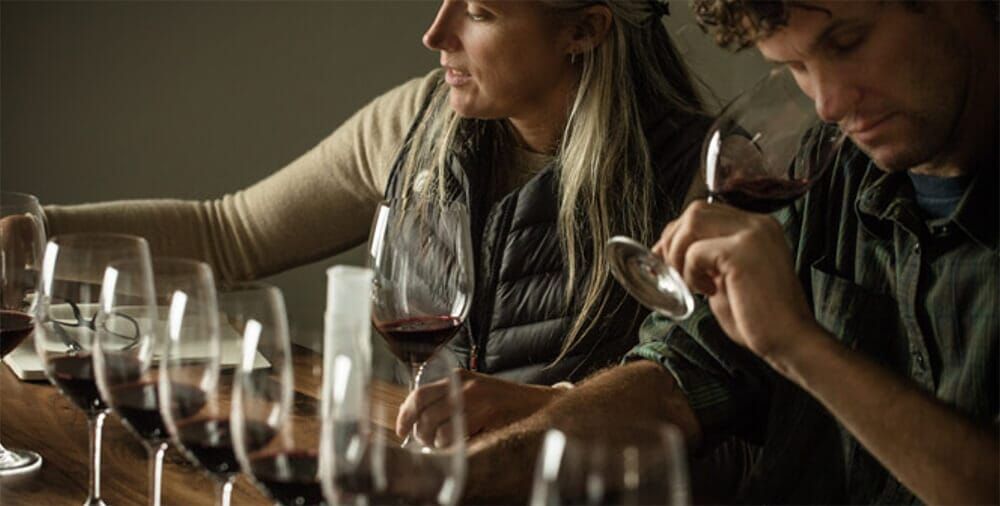
It wouldn’t be a perfect stay at the vineyard without wine tasting. Wine tasting for guests staying in our accommodation takes place every day at 2:30pm and 4:30pm. Guests can choose five wines to try from our wine list.
Thomas Shaw, managing director, said: “Our wine tasting is all very leisurely. It’s not a classroom where you’re lectured. We like guests to relax, take their time and enjoy the wines. Nobody is checking that they’re tasting it ‘properly’.
“We have tasting notes and can give advice if they want it, but most people like to choose things they like the sound of and chat to their partners and friends about them. That way, you can build up a library in your head of flavours you like.”
A perfect day at the vineyard is rounded off with a leisurely supper at the brasserie – or outside on a lovely evening. Our menu is all little dishes, designed to complement our wines. You can mix and match your dishes or share them to try as many as possible! Have a glass or a bottle of the wine you enjoyed at the tasting and savour it with the different foods.
Thomas continued: “A lot of people talk about food and wine matching, but I’m not a fan. There are so many tastebuds, and what some people like, others will dislike. Try different things and see what stands out for you as a good match. It doesn’t matter what others think.”
And even though you’re staying on a vineyard, you don’t have to drink wine. We offer a range of beers and spirits to enjoy with dinner too.
A perfect day at the vineyard would be rounded off by spending another night with us. No need to rush off, no need to worry about driving, just sink into one of our big, comfy beds. The real world can wait until tomorrow morning!
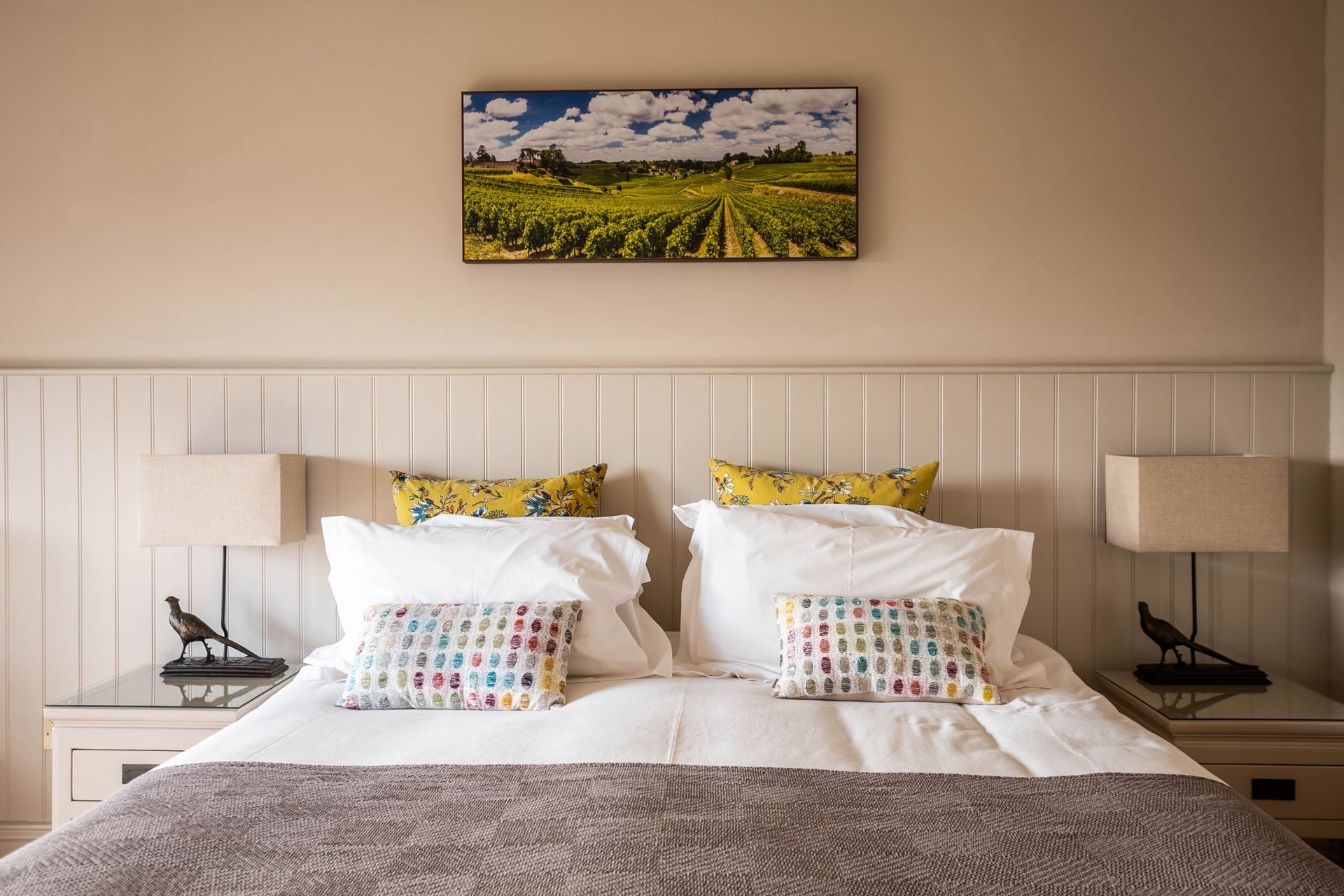
More from our blog...

